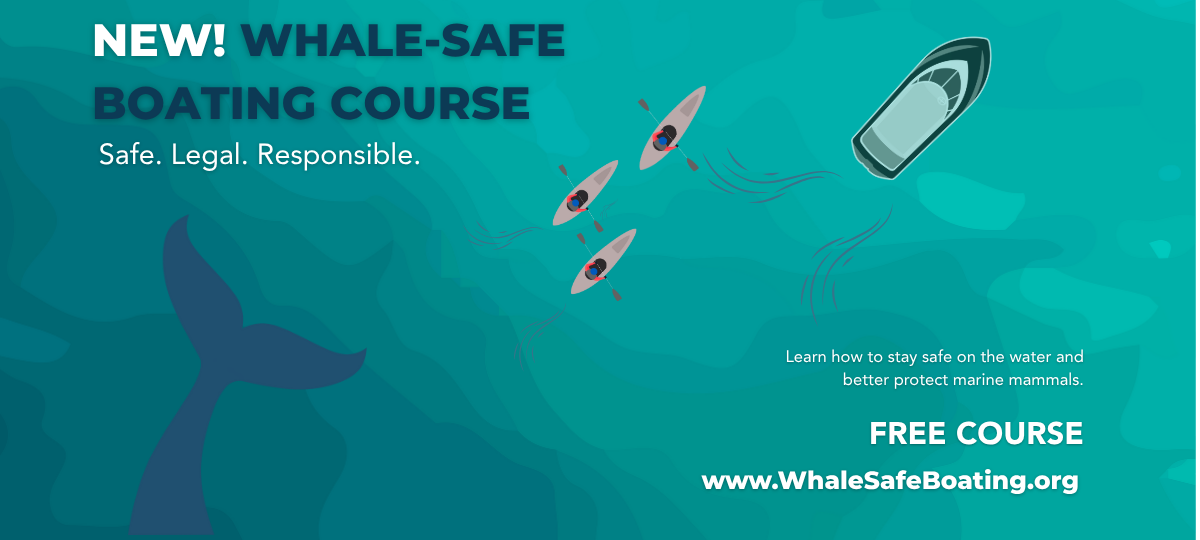
July 10, 2025
New Whale-Safe Boating Course Launched
On July 2, the Marine Education and Research Society (MERS) launched the Whale-Safe Boating course. This free, online, comprehensive resource fulfills…
MERS Marine Education & Research Society
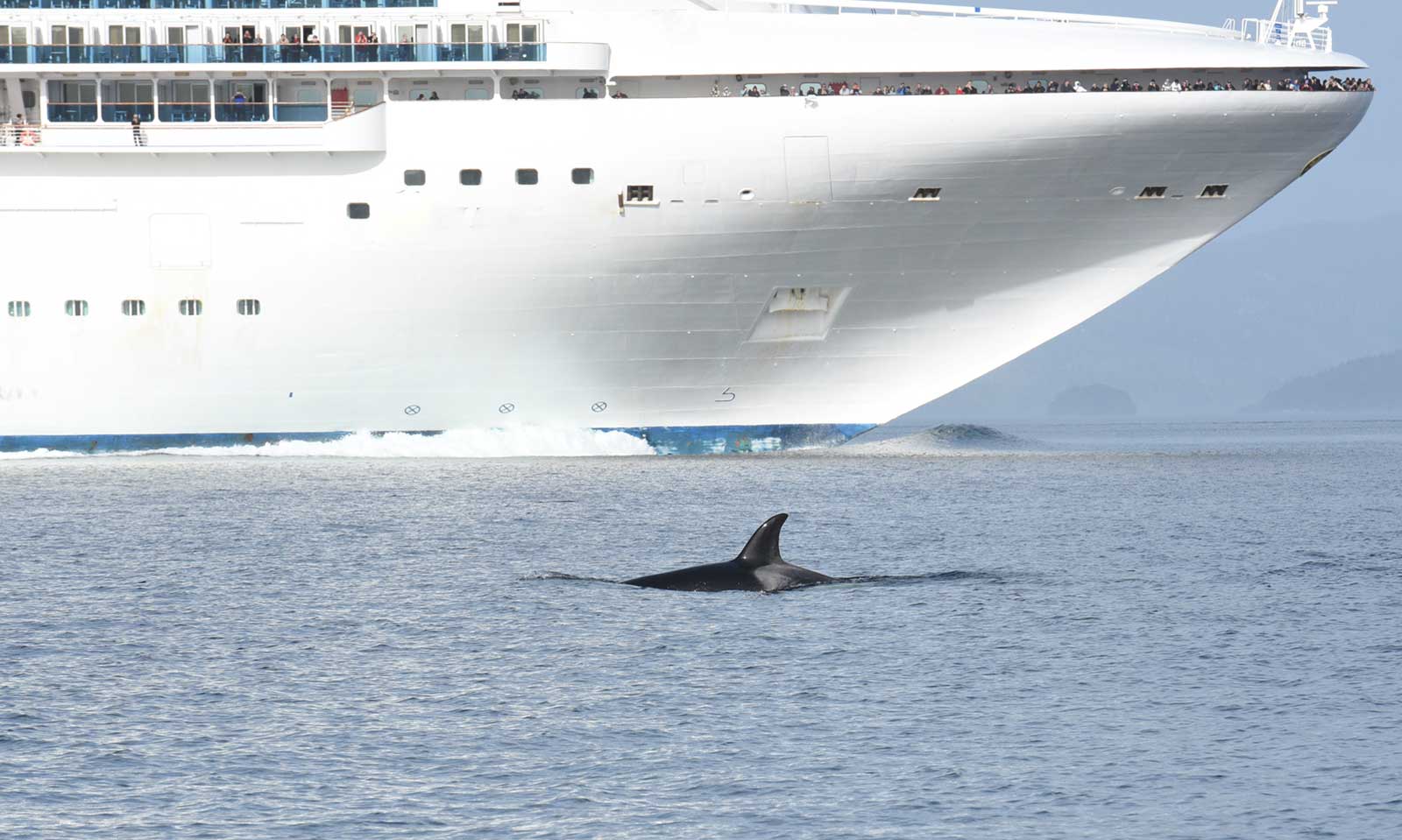
Bigg’s Killer Whale T099D ©Christie McMillan
Awareness and action
The last whaling station in British Columbia closed in 1967. For decades it was a rarity to see Humpbacks due to the devastation of whaling. Fortuitously, there is now a second chance to ensure their survival and understand their importance.
It is essentail for both boater and whale safety to understand how (1) Humpbacks and other large baleen whales behave very differently than toothed whales like Orca, and (2) this makes them more susceptible to entanglement and vessel strike.
Humpbacks feed in cold water, bulking up to migrate to and from warm water breeding grounds where there is little to no food for them. Their importance includes that when they defecate and urinate, they fertilize the ocean, leading to greater productivity and carbon capture. This is known as the “whale pump”.
Humpbacks are at risk of entanglement and being hit by boats because of their size, behaviour, and that they do not have biosonar like toothed whales. They are often oblivious to boats and fishing gear. It is also significant that boaters and fishers may not know about Humpbacks and/or have misconceptions.
For both whale and human safety, the increase of Humpbacks necessitates boater education and reducing the overlap with fishing gear and vessel traffic. It is the law that accidents must be reported to 1-800-465-4336.
We study Humpbacks’ scars to get a sense of how often they are entangled and/or ship struck. We need to look at the survivors’ scars because dead whales often sink, whereby cause of death can’t be known. If they wash ashore, they may be too decayed to know how they died.
Marine mammals are highly reliant on sound to communicate, rest, mate, establish territory, navigate, socialize, hunt, and avoid predation and other dangers. Human-made noise can significantly impact these life processes and exacerbate the effects of other threats such as reduced prey availability and chemical pollution. Noise pollution results from activities like shipping and resource extraction.
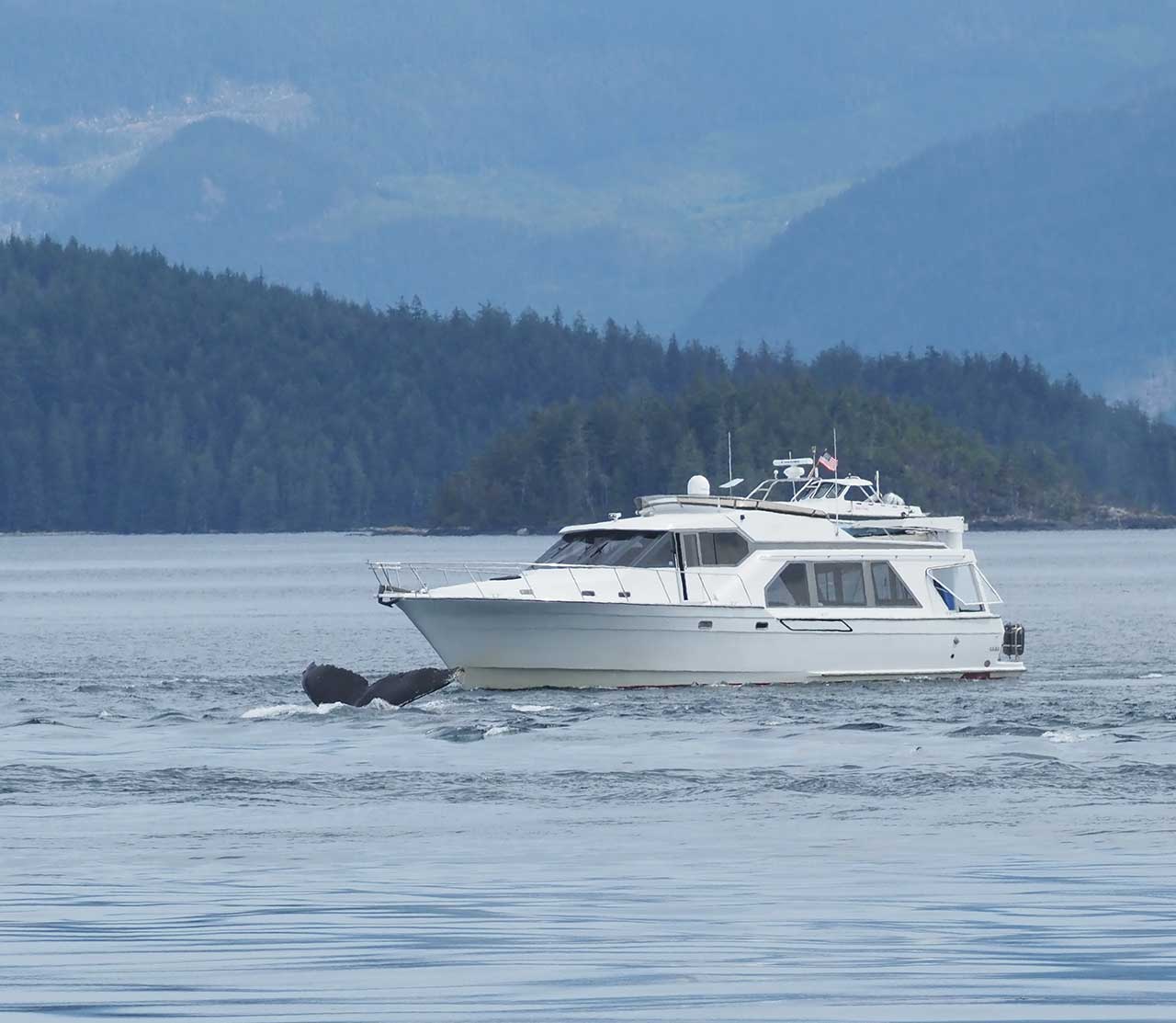
Ripple (BCX1063) ©Marieke Knierim
The increase in Humpbacks in BC waters is not just population growth. They are shifting from somewhere likely due to changes in prey/climate. This requires precaution in management decisions. Colleagues in SE Alaska studied the impact of the 2014 to 2016 marine heatwave. Humpbacks with decades-long site fidelity to Alaskan feeding grounds were never seen again. Many who returned were emaciated. There were far fewer calves. The impacts were surmised to be from changes to prey due to the heatwave.
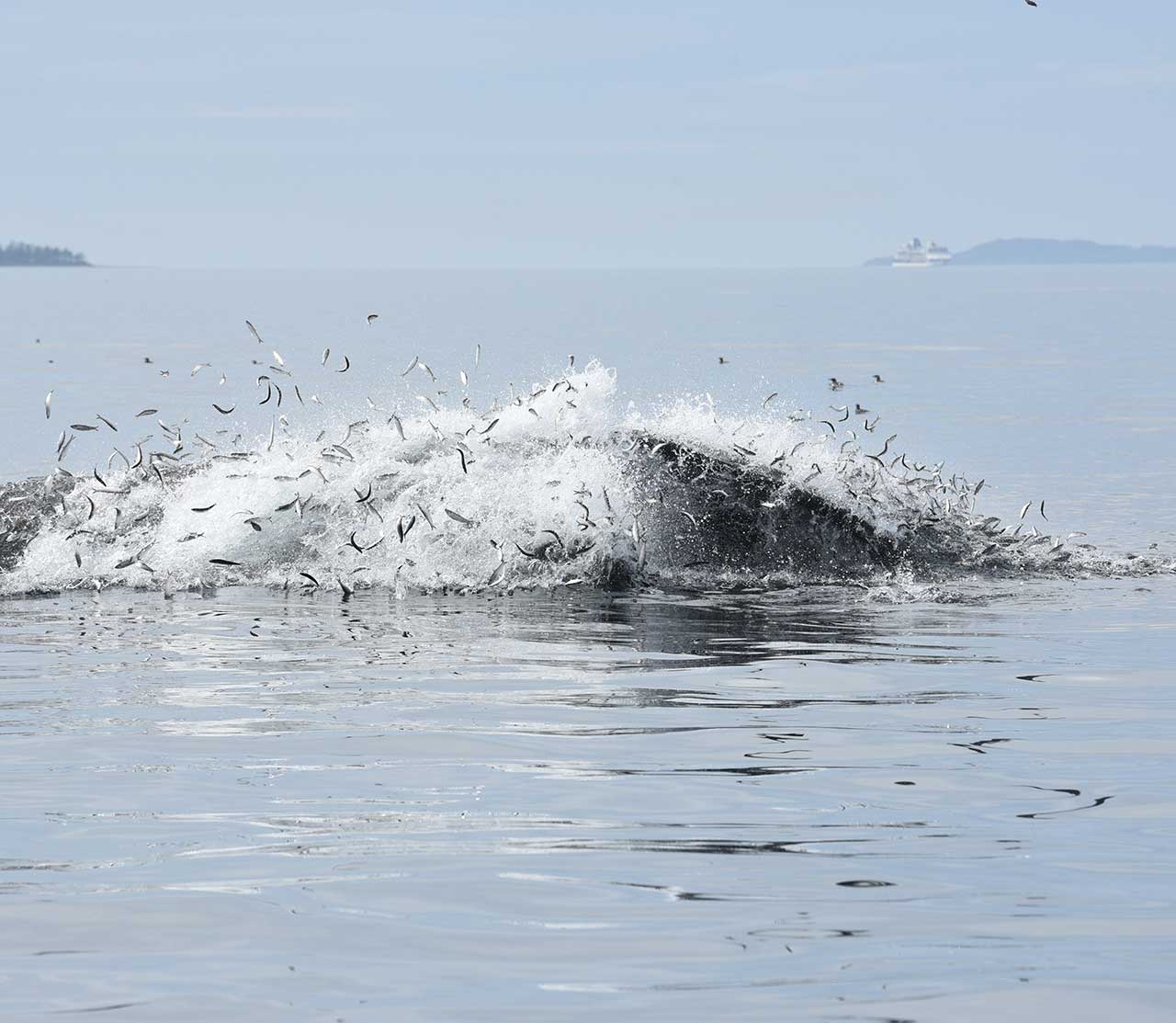
Freckles (BCY0727) lunge-feeding ©MERS, MML-42

July 10, 2025
On July 2, the Marine Education and Research Society (MERS) launched the Whale-Safe Boating course. This free, online, comprehensive resource fulfills…
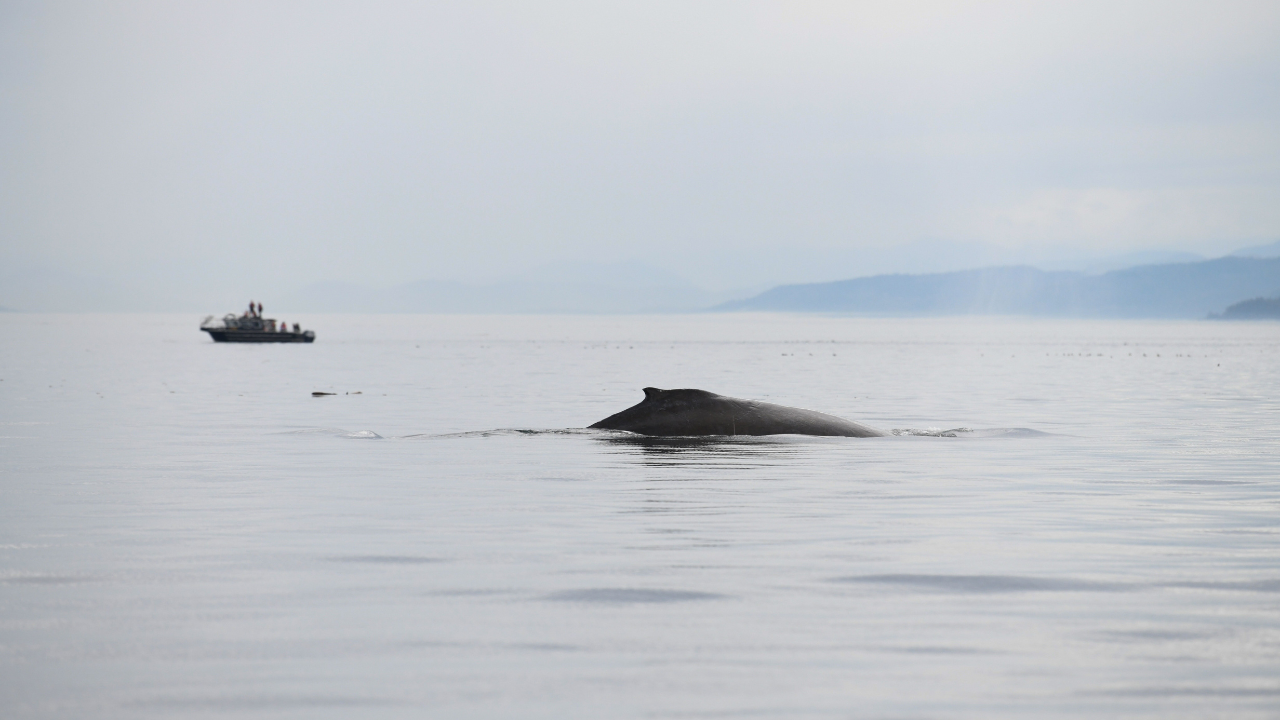
October 2, 2024
How do we best reach boaters to encourage safer vessel operation around marine mammals? This was the question that the MERS…

October 4, 2023
Ocean Voices – Education to decrease noise impacts to marine mammals Living in a world of soundMost animals that live in…